Dealing with hazardous waste can be an overwhelming task, especially if you haven’t had to deal with its collection and disposal before. You might not be aware of the rules and regulations surrounding its handling, which is why we’ve provided you with a brief overview. From identifying hazardous waste to the laws you need to follow depending on where you are in the UK, we’re on hand to guide you through the process.
C
How to check if your waste is hazardous
C
There are many different ways of identifying hazardous waste and that includes asking your local council, getting in touch with a dedicated waste management facility, such as Willshee’s, or you can classify your waste, just to be sure. The main hazardous waste types to look out for include the following:
- Chemicals
- Batteries
- Solvents
- Pesticides
- Oils, other than those which are edible
- Paints
- Cylinders
- Aerosols
- Fluorescent tubes
- Contaminated rags and absorbents
- Hazardous waste containers
- Equipment containing ozone depleting substances, such as WEEE (Waste Electrical and Electronic Equipment) waste
- Asbestos, although you might need a professional to come and confirm that it is asbestos and what kind of asbestos it is
C
Willshee’s have dedicated hazardous waste disposal services available throughout Burton-on-Trent and the surrounding areas, so you won’t have to worry about transporting hazardous waste materials yourself. You’ll have absolute peace of mind that it’ll be disposed of responsibly and in an environmentally-friendly way every single time. Not only does this help to save the planet, but our expert hazardous waste disposal services ensure the safety of people and the wildlife.
C
What should I do with my hazardous waste?
C
There are some specific requirements and regulations you must follow when it comes to getting rid of any hazardous waste you might have. Those rules will affect anyone who produces, transports, recovers, disposes of or oversees the management of any hazardous waste.
For example, if your home contains asbestos that you wish to remove, it’s your responsibility to hire a professional to confirm that it’s asbestos together with the type of asbestos it is. Thereafter, you’re obligated to have it removed and disposed of responsibly and by a registered waste carrier, such as Willshee’s. Whether you’re a commercial business or a domestic homeowner, then you must comply with these regulations to ensure the safe disposal of hazardous waste.
C
What is a consignment note & do I need one?
C
This only applies to organisations who are dealing with the transfer of hazardous waste. Hazardous waste transfers must be covered by a consignment note which provides details of each party that’s been involved in the waste transfer process.
It will also detail the type of hazardous waste it is, all to ensure that the waste is handled as safely as possible. It’s imperative that a consignment note is kept on record for 3 years. If you’re generating hazardous waste, then you do not need a consignment note.
C
What is waste Hierarchy?
C
Anyone who produces, handles or manages hazardous waste materials should take correct, safe and responsible measures to apply the waste hierarchy when the hazardous waste is transferred. Essentially, the waste should be managed in order of preference by:
- Prevention
- Reuse
- Recycling
- Recovery
- Disposal
C
These days, consignment notes now include a declaration that the aforementioned waste hierarchy has been applied. This must be followed out before hazardous waste can be transferred.
C
Specific requirements for hazardous waste disposal in England & Wales
C
Waste management facilities must register their premises with the Environment Agency if operating in England and/or Wales, but only if they hold or produce more than 500kg of hazardous waste annually, unless:
- Waste has been fly-tipped on the premises which will then be dealt with by the Local Authority or Environment Agency
- One or more mobile services have produced hazardous waste, such as those who operate or are based at one premises but work in another
C
The organisation receiving the hazardous waste (otherwise known as the consignee), must complete a declaration to the Environment Agency, on a quarterly basis, to confirm that they’ve received such waste onto their property or that hazardous waste has been both produced and disposed of at the same facility.
C
Specific requirements for hazardous waste disposal in Scotland
C
Facilities that produce hazardous waste in Scotland have to purchase codes from the Scottish Environment Protection Agency (SEPA) and give notice to the SEPA regarding the movement of hazardous, or special, waste.
C
Specific requirements for hazardous waste disposal in Northern Ireland
C
Organisations producing hazardous waste in Northern Ireland have to buy codes from the Northern Ireland Environment Agency (NIEA) and provide the NIEA with sufficient notice of the transportation of hazardous waste. The consignee also needs to send a completed Deposit copy of the dedicated consignment note to the NIEA office.
C
C
Willshee’s has a dedicated, safe and responsible hazardous waste disposal service that can always be counted upon. Whether you’re a commercial or domestic customer, you’ll be able to rely on us to collect and dispose of hazardous waste as quickly and as smoothly as possible. You’ll also be able to ask our professional team of friendly specialists for advice about disposing of the hazardous waste you’ve generated. For more information about how we can help you today, get in touch with one of our experts – we’re always happy to help.

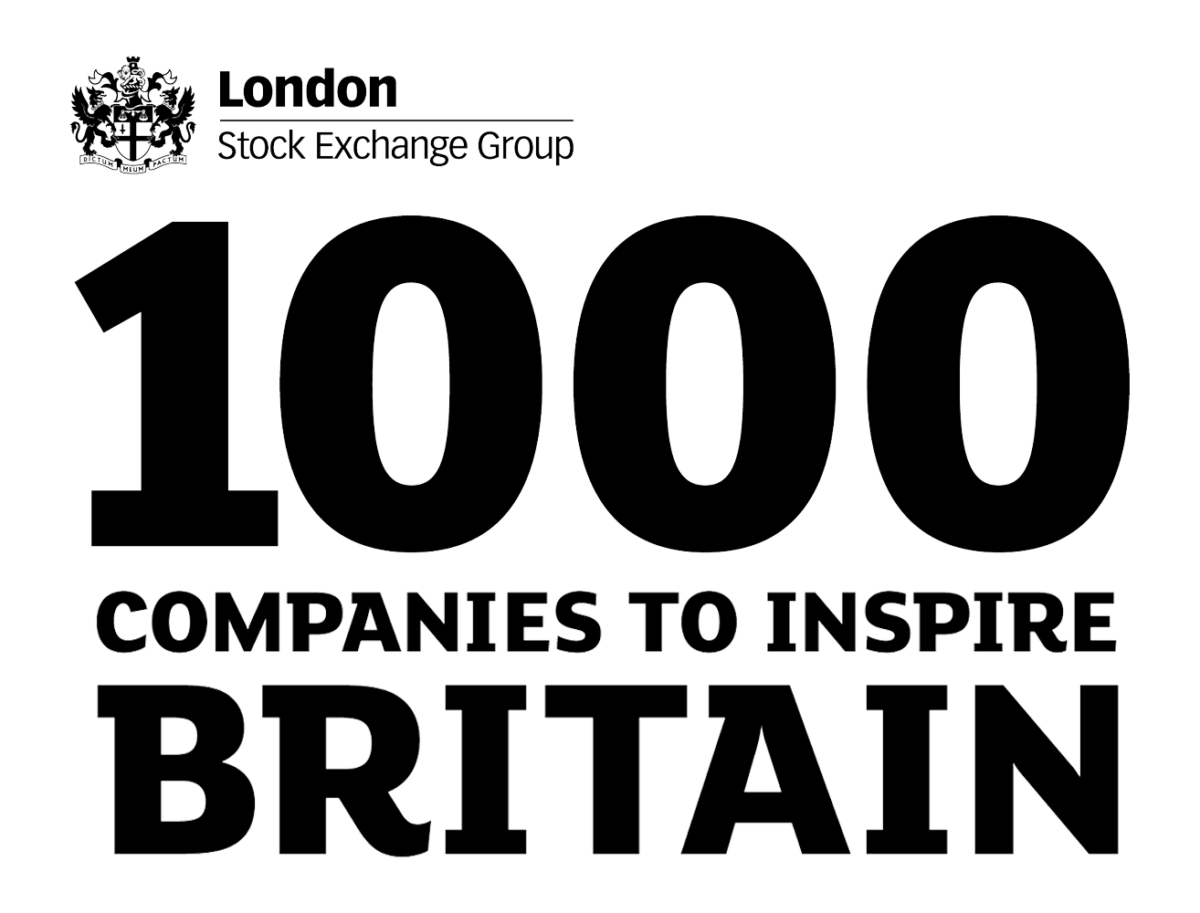
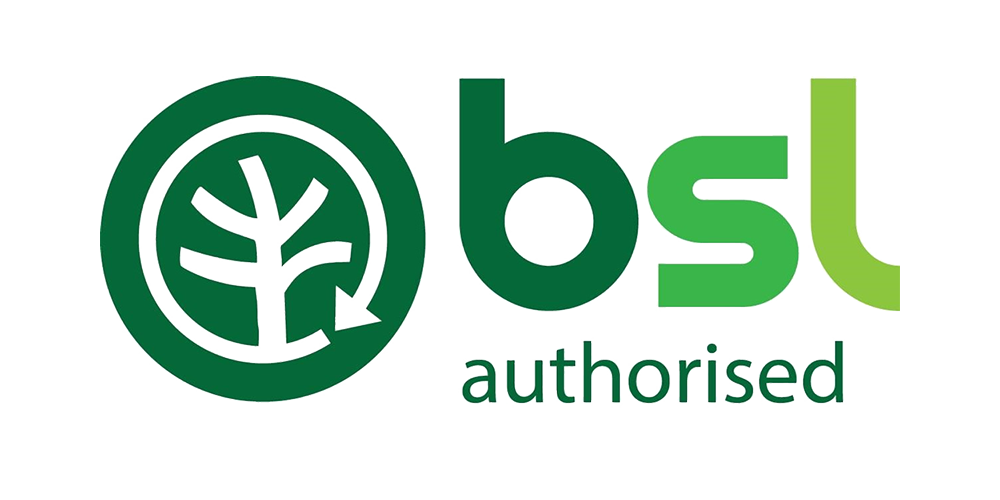


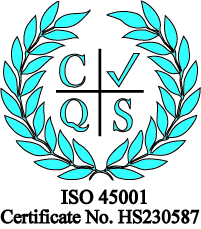
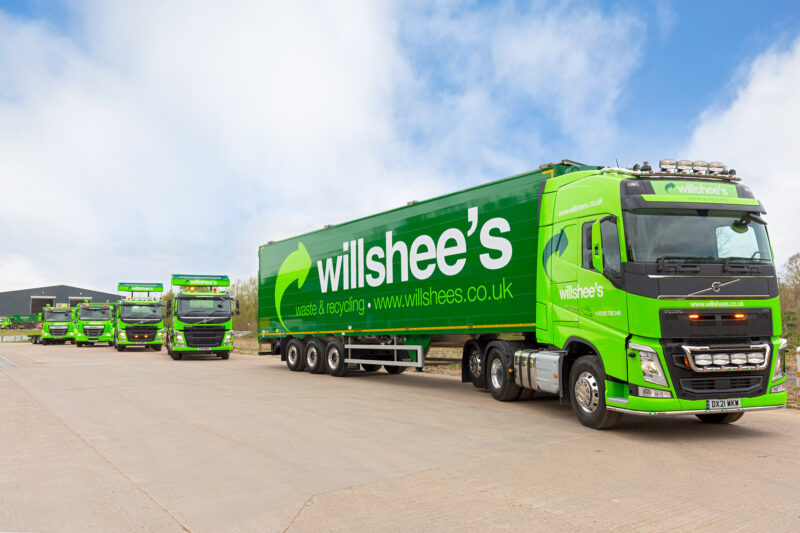
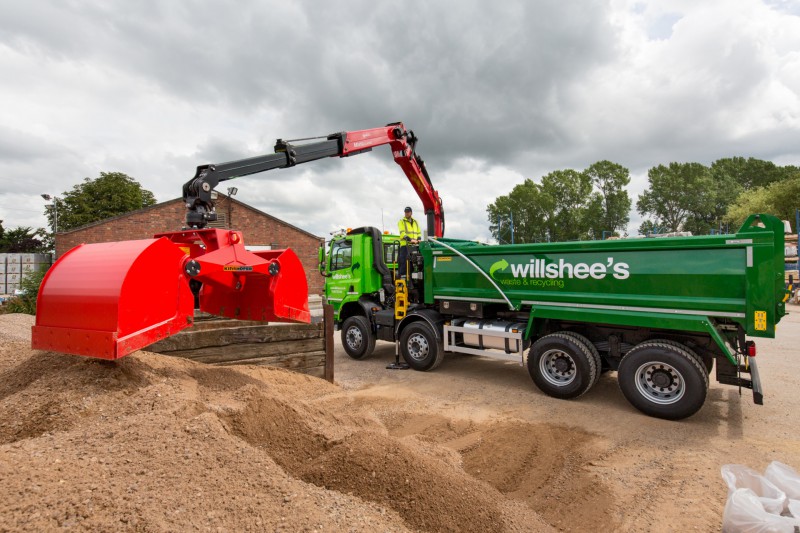

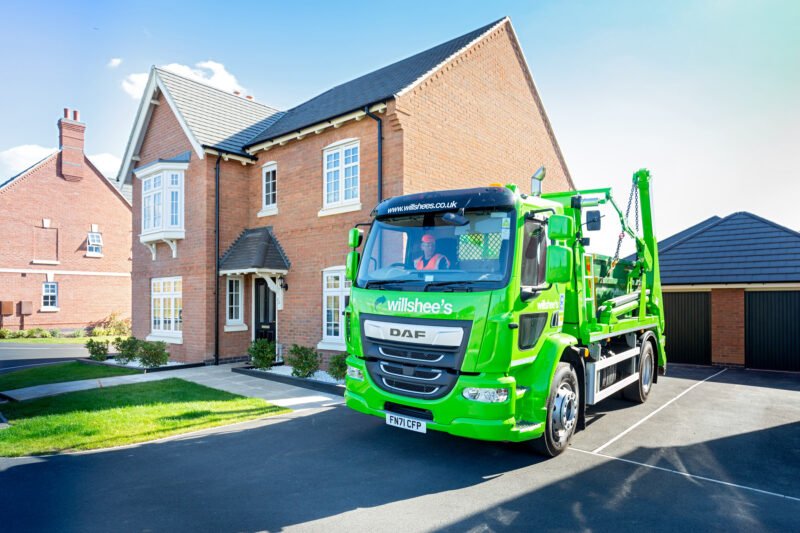
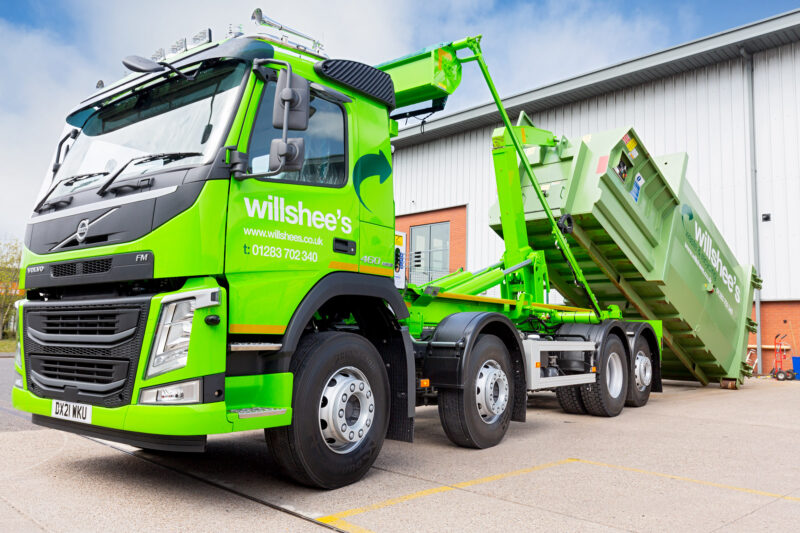
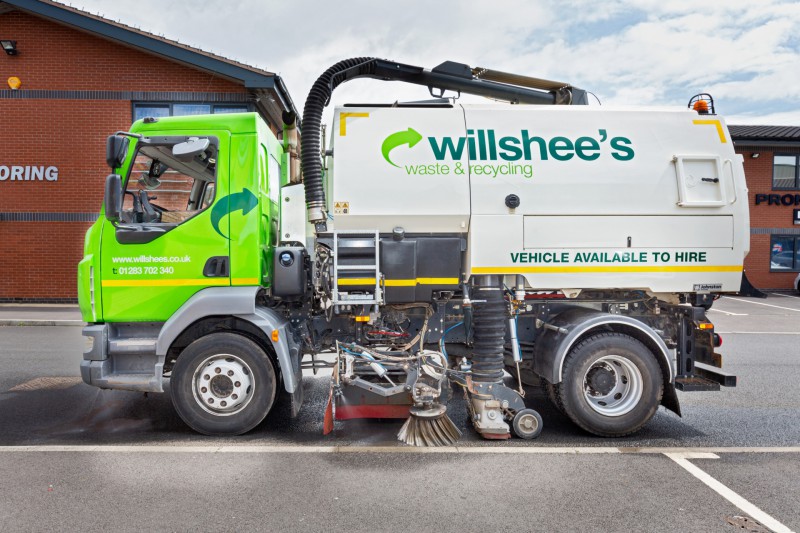
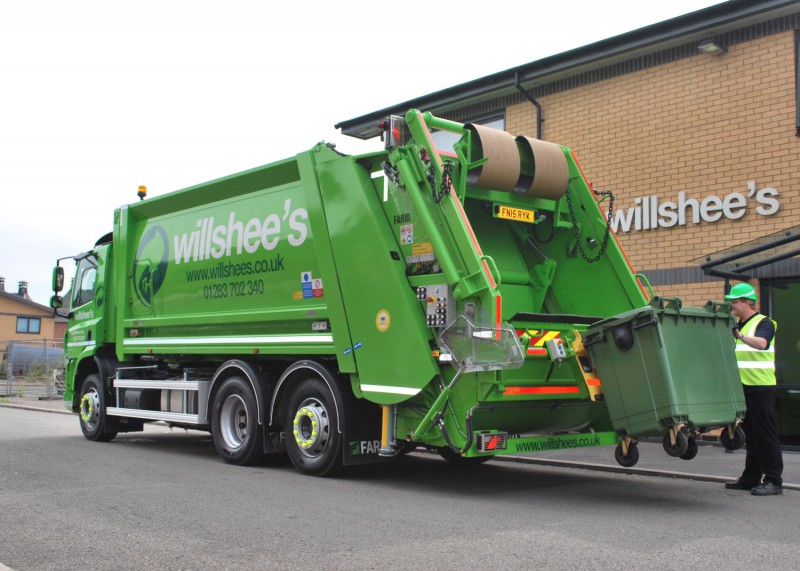
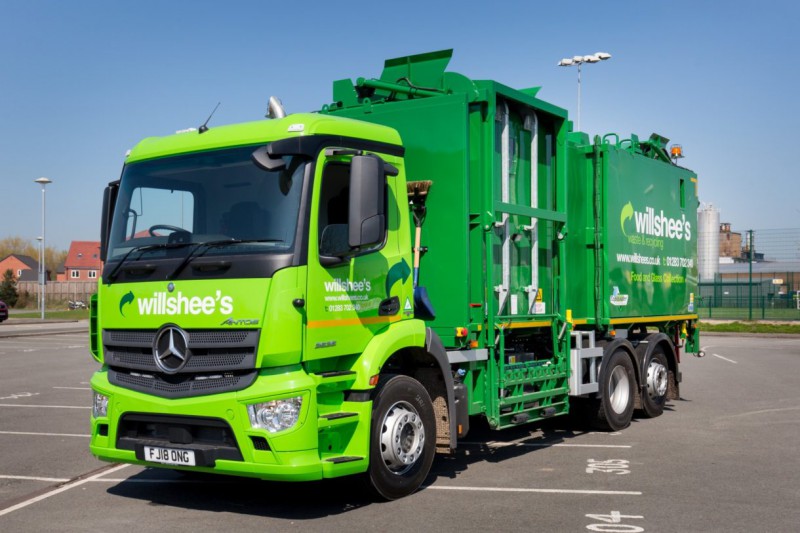
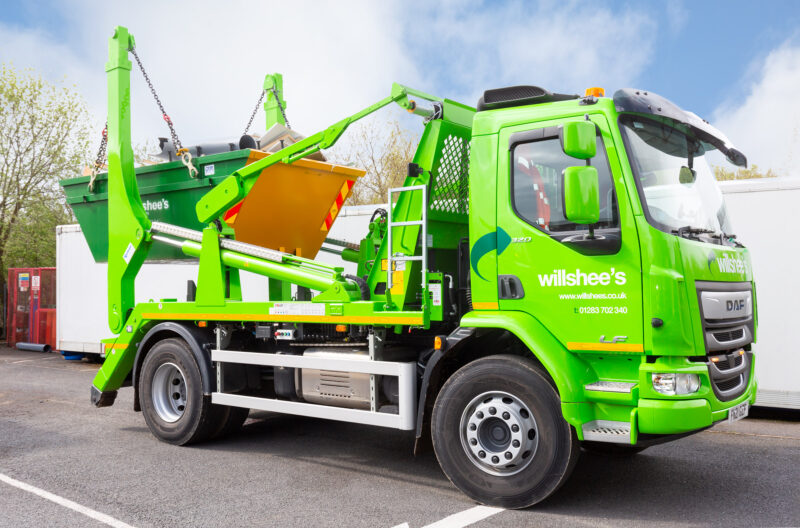
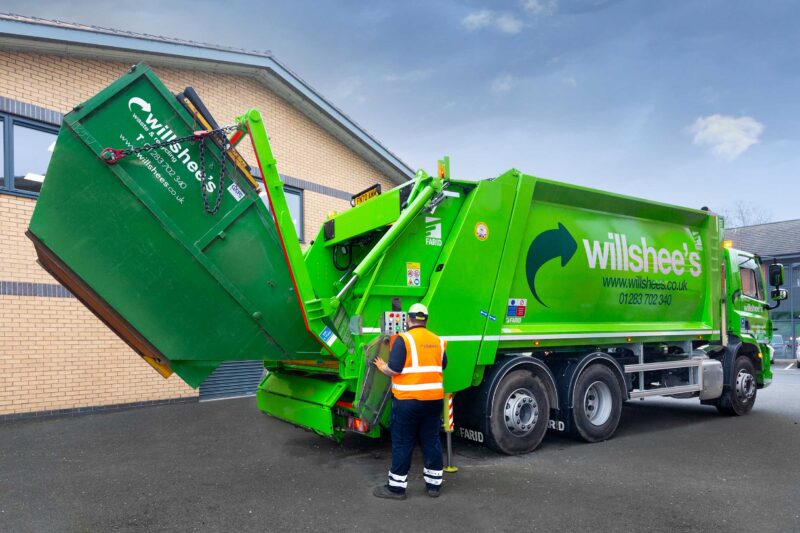
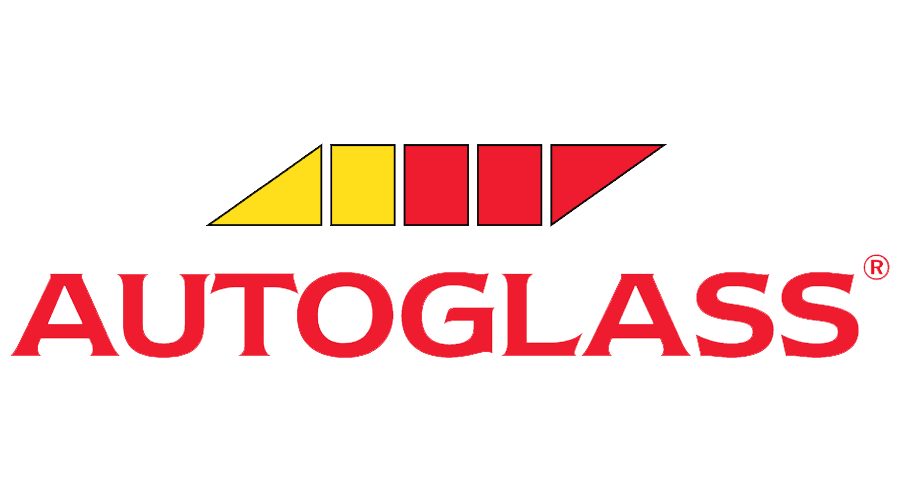


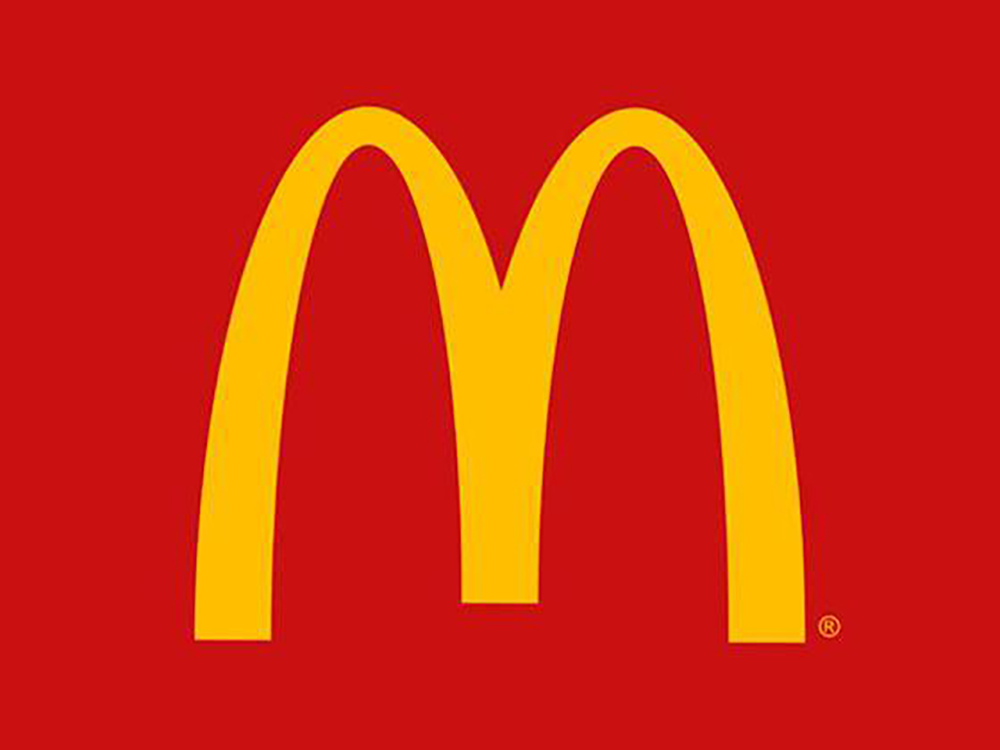

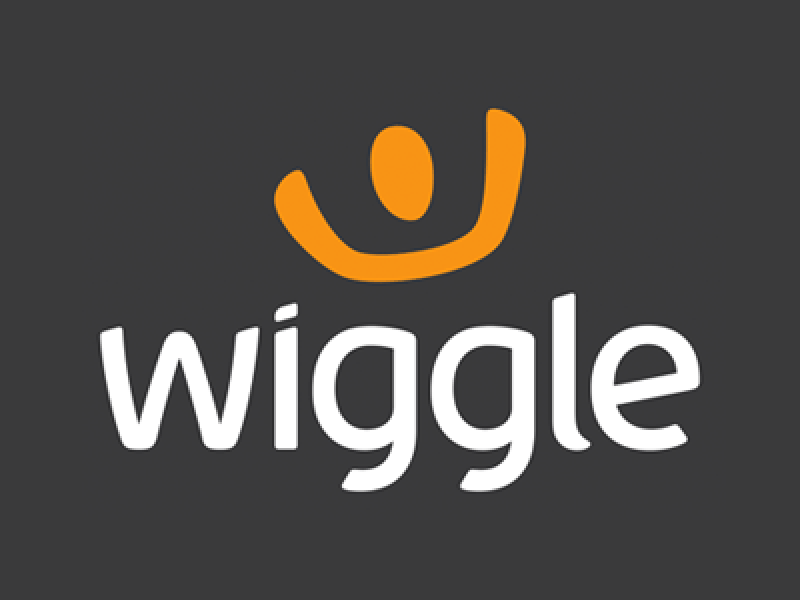
Social